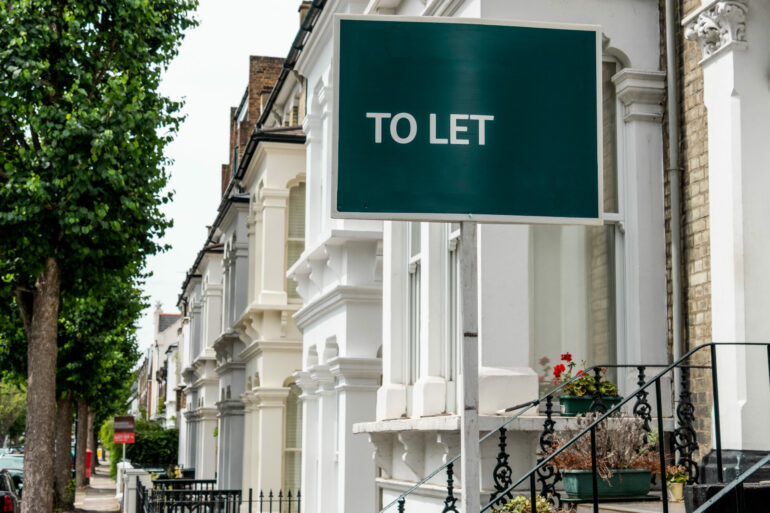There are currently 21 people competing for every rental property, as rents continue to be pushed higher, Zoopla’s latest Rental Market Report has revealed.
Rental growth for new lets currently stands at 5.4%, half the rate compared to a year ago but still higher than the growth in average earnings (5.1%).
In addition, average rents stand at £1,245 per month in July 2024, £63 per month higher than a year ago.
A lack of supply remains a major challenge for renters due to low levels of new investment by private landlords.
The number of homes for rent is up by almost a fifth on last year off a low base, but the number of homes for rent is 24% below the pre-pandemic average.
Whilst rental demand has declined over the last year as one-off pandemic factors fade, mortgage rates fall and tighter visa rules reduce migration for study and work, there are still 21 people competing for every rental property, more than double pre-pandemic levels.
Zoopla’s research also found that a lack of new investment in private rented homes has created a scarcity of homes for rent, compounding the strong growth in rents over the past three years (+30%).
Data showed a steady flow of landlords selling homes since 2016.
What’s more, over one in 10 homes for sale on Zoopla – 12.5% in July- were formerly rented.
Higher mortgage rates have acted as an additional catalyst for landlord sales over the last two years on top of tax and regulatory changes dating back to 2016.
The Government’s new proposals for rental reforms as set out in the Renters’ Rights Bill, are already factored into many landlord decisions on whether to exit or remain in the market.
However, speculation over tax changes in the Autumn Budget that might impact landlords, may well result in an increase in sales of rented homes, further eroding supply for renters and pushing rents higher.
The report also found that the slowdown in rental growth is being driven by much lower growth in London (2.5%) and a slowdown in other major UK cities (5.8%).
Rents are rising at an above average level across much of the rest of the UK, covering smaller cities and towns where rental costs are lower and offer better value for money.
Some of the fastest rent rises are in affordable areas adjacent to these larger cities with six postal areas registering 10% or above annual rental growth.
In Scotland, Kilmarnock (13%) and Kirkaldy (12%) have recorded the highest increase in rents which are well below (25-35%) the average rent in Glasgow.
Rent controls in Scotland have also played a role in exacerbating rent rises.
Across England, rents have continued to rise quickly in Wolverhampton (12%), Oldham (11%), Darlington (10%) and Walsall (10%), all areas adjacent to large cities with higher renters or well-connected for transport and access to cities further afield.
Richard Donnell, executive director at Zoopla, said: “The slowdown in rental inflation is being drawn out by a lack of homes for rent and continued strong demand, driven by the unaffordability of home ownership.
“Rental inflation is slowing in some major cities where rents are high but they are still increasing quickly in more affordable areas.
“Any new policy or tax changes that result in a reduction in supply will simply push rents higher hitting low incomes renters hardest.
“It is essential policymakers focus on growing the stock of homes for rent as the primary route to slowing rental inflation and improving choice for renters.
“As things stand the growing unaffordability of renting is the only route to slower increases in rents.”
Marc von Grundherr, director of Benham and Reeves, added: “There remains an incredibly high demand for good rental accommodation and we simply don’t have the supply reaching the market to satisfy this demand.
“As a result, properties are being let at an extremely quick pace and this supply and demand imbalance is driving rental values ever higher.
“Unfortunately, this is a problem that looks set to persist, with the government introducing the Right to Rent bill this week, with tax changes also expected in the Autumn Statement, both of which are likely to deter landlord investment.
“In doing so, the level of quality rental accommodation is only likely to reduce further and whilst the landlord exodus may be somewhat exaggerated, we’re already in need of more homes at present and so any further reductions in stock will only cause the rental crisis to worsen.”




